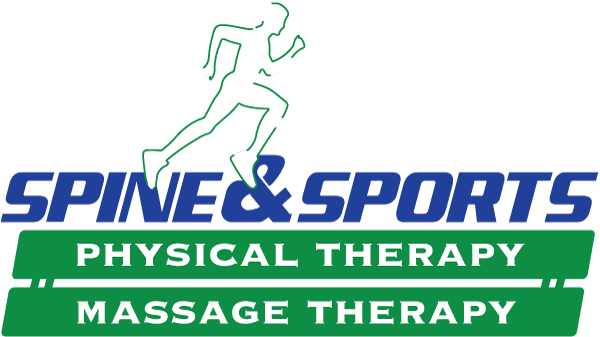
Wellness assessments conducted by physiotherapists are comprehensive evaluations aimed at understanding an individual’s physical health, functional capabilities, and risk factors that could impact overall well-being. These assessments are proactive, focusing on prevention and optimization of physical performance rather than addressing existing injuries or illnesses.
Key Objectives:
- Identify Risk Factors: Detect potential issues such as muscle imbalances, poor posture, or joint restrictions that could lead to injuries or chronic conditions.
- Optimize Physical Health: Enhance strength, flexibility, endurance, and balance for improved daily function and athletic performance.
- Prevent Injuries: Provide recommendations to minimize the risk of musculoskeletal injuries.
- Promote Longevity: Support long-term physical well-being and quality of life.
Components of a Wellness Assessment:
Medical and Lifestyle History:
Includes details about past injuries, surgeries, chronic conditions, and current lifestyle habits (e.g., activity level, sleep, and stress).
Postural Analysis:
Evaluates standing and sitting posture to identify imbalances or misalignments that could lead to discomfort or dysfunction.
Functional Movement Screening:
Assesses movement patterns such as squatting, lunging, or reaching to detect weaknesses, stiffness, or compensations.
Joint and Muscle Assessment:
Measures flexibility, range of motion, and joint stability.
Identifies tight, weak, or overactive muscles.
Strength and Endurance Testing:
Evaluates muscle strength and endurance in key areas, such as the core and lower extremities.
Balance and Coordination Testing:
Assesses the ability to maintain stability during static and dynamic tasks.
May include tests like single-leg stance or tandem walking.
Cardiovascular Fitness Assessment:
Measures general cardiovascular health and endurance (e.g., walking tests, step tests).
Workstation or Ergonomic Assessment:
For those in sedentary jobs, assesses desk setup and posture to recommend ergonomic adjustments.
Benefits of Wellness Assessments:
- Personalized Exercise Plans: Tailored programs to target specific areas of weakness or imbalance.
- Early Detection: Identifies issues before they become major problems.
- Improved Performance: Helps athletes or active individuals perform better in their sport or activity.
- Injury Prevention: Reduces the likelihood of strains, sprains, and overuse injuries.
- Enhanced Recovery: Provides strategies to recover from daily physical and mental stress.
Who Can Benefit?
- Athletes: To optimize performance and prevent injuries.
- Office Workers: To address postural issues and prevent discomfort from prolonged sitting.
- Older Adults: To maintain mobility, balance, and independence.
- Active Individuals: To ensure their fitness routine is balanced and effective.
- Rehabilitation Patients: To transition from recovery to wellness.
What Happens After the Assessment?
Based on the findings, the physiotherapist may recommend:
- A personalized exercise program.
- Lifestyle modifications (e.g., activity level, ergonomics).
- Referral to other specialists if necessary (e.g., nutritionists, occupational therapists).
- Periodic re-assessments to track progress.
Regular wellness assessments with a physiotherapist can help maintain a proactive approach to health, ensuring optimal physical function and long-term well-being.
